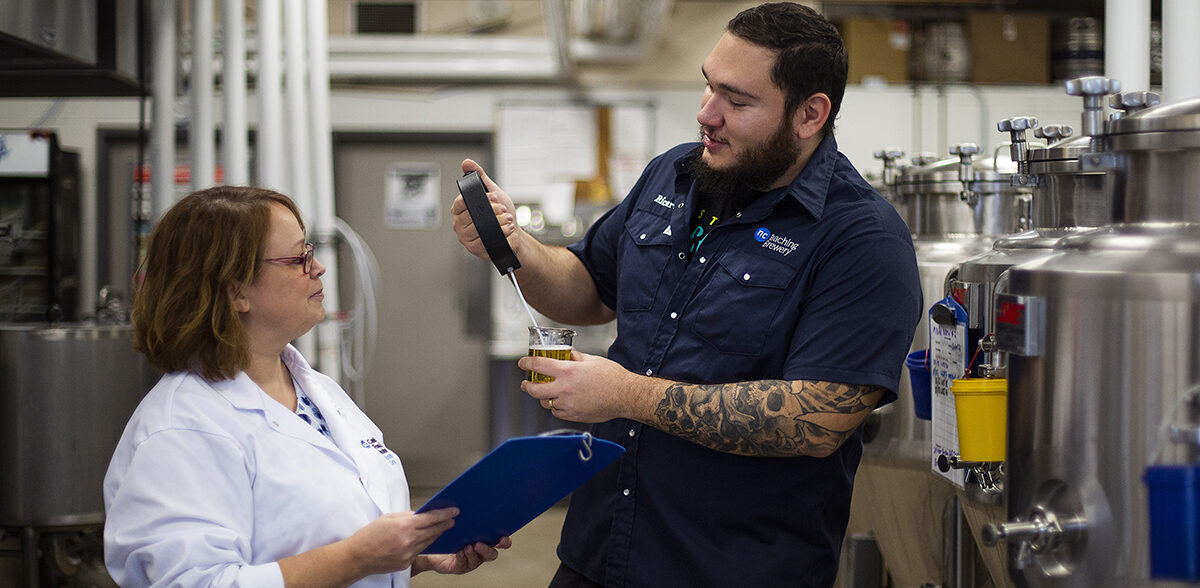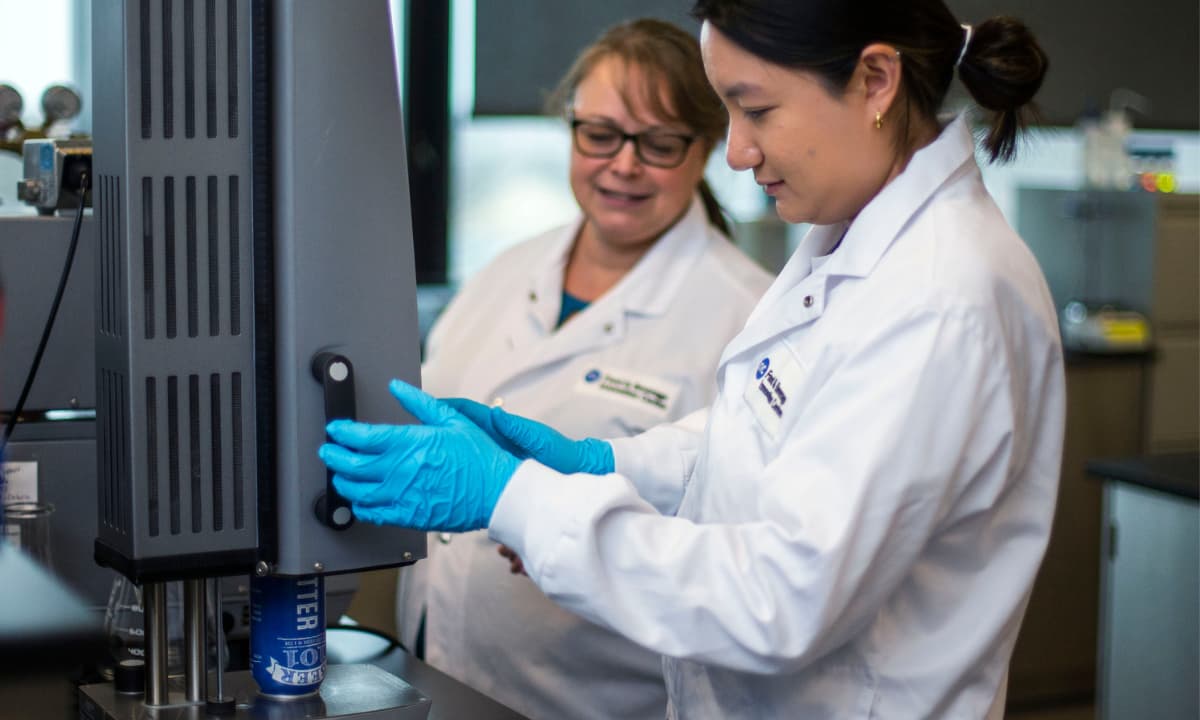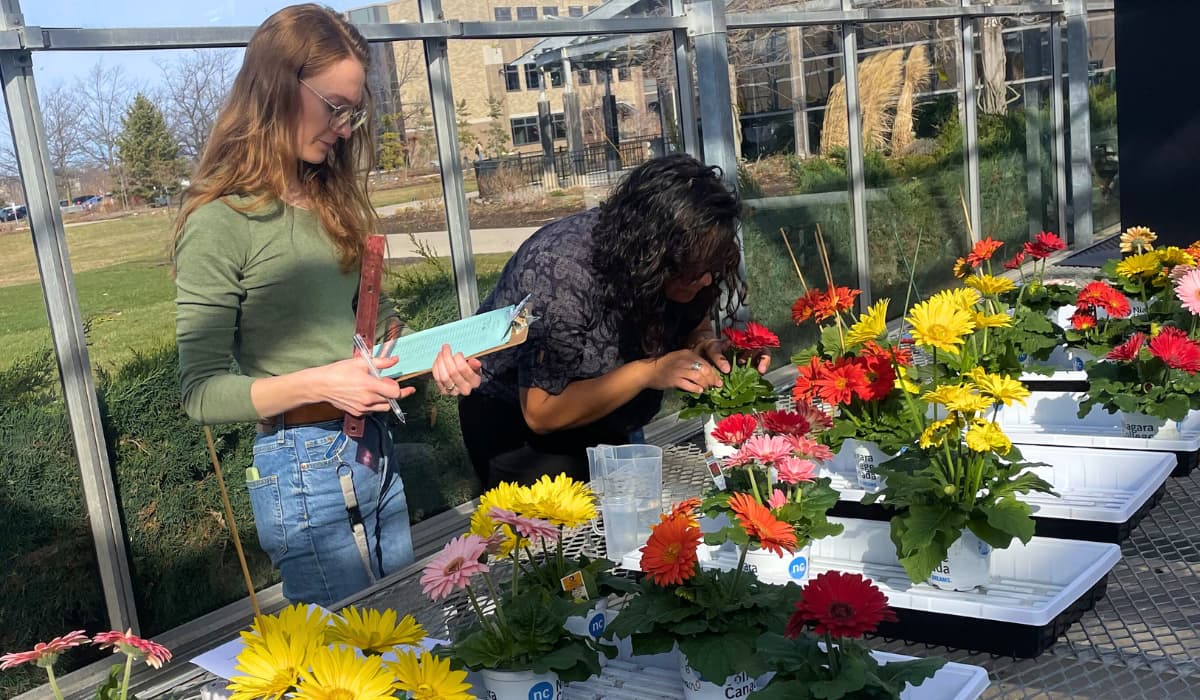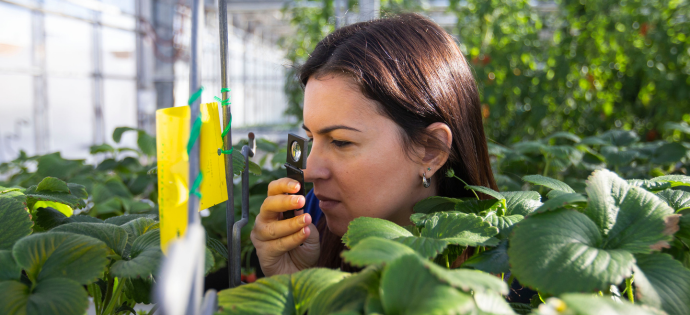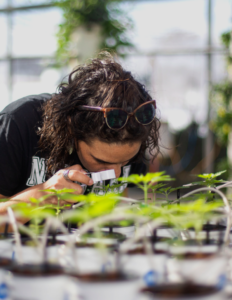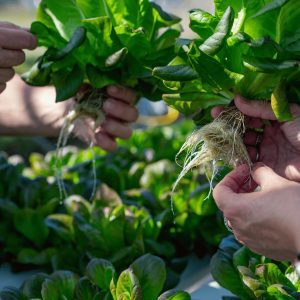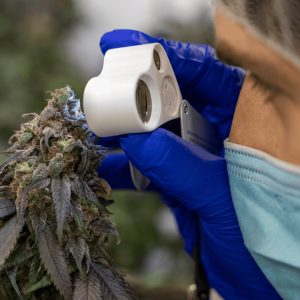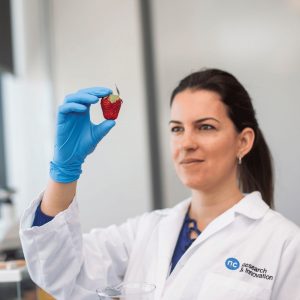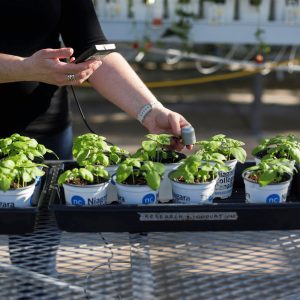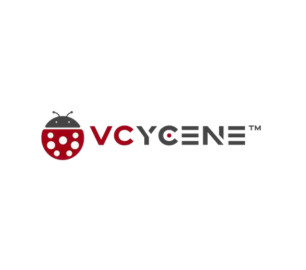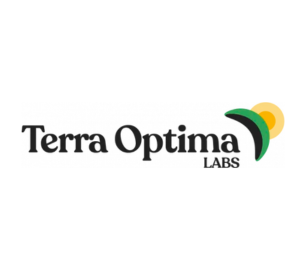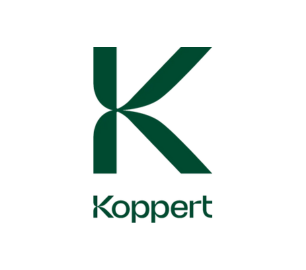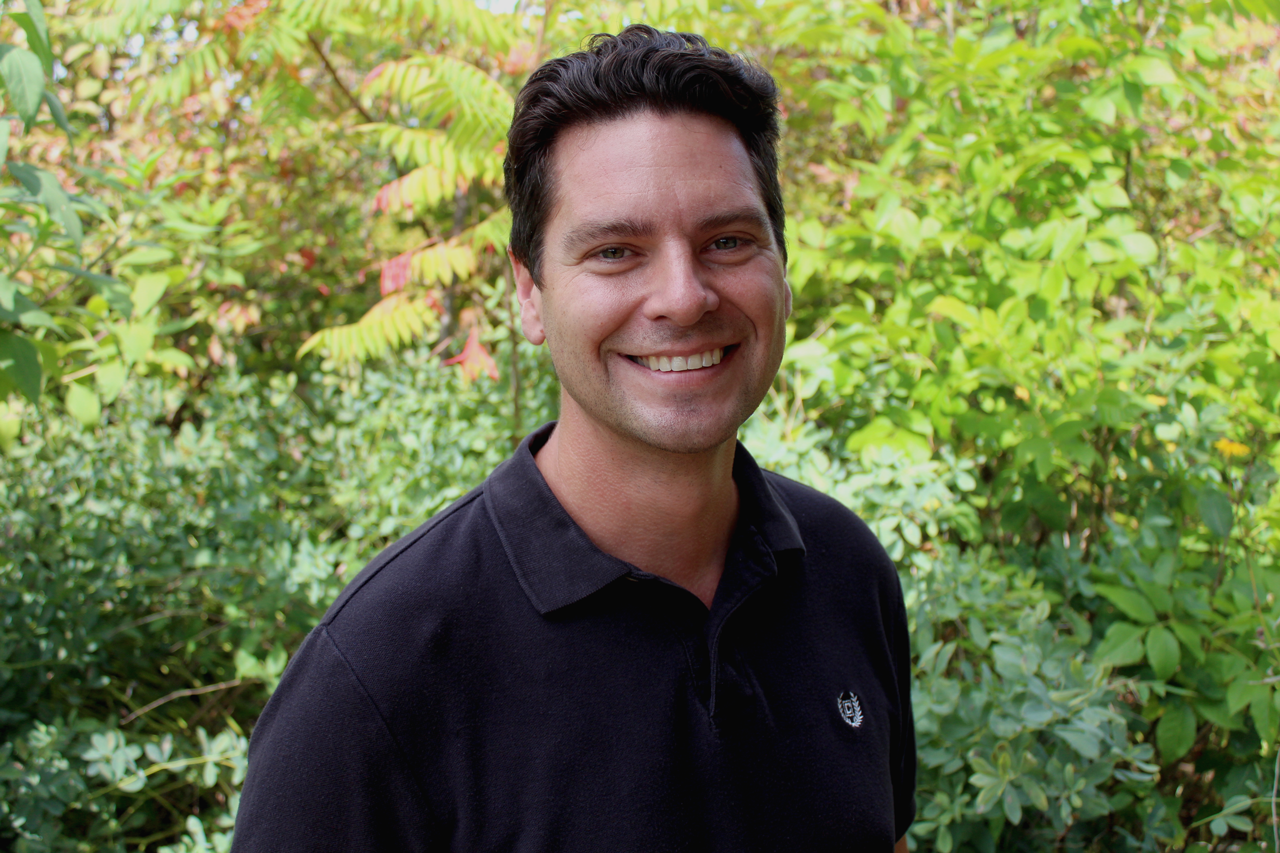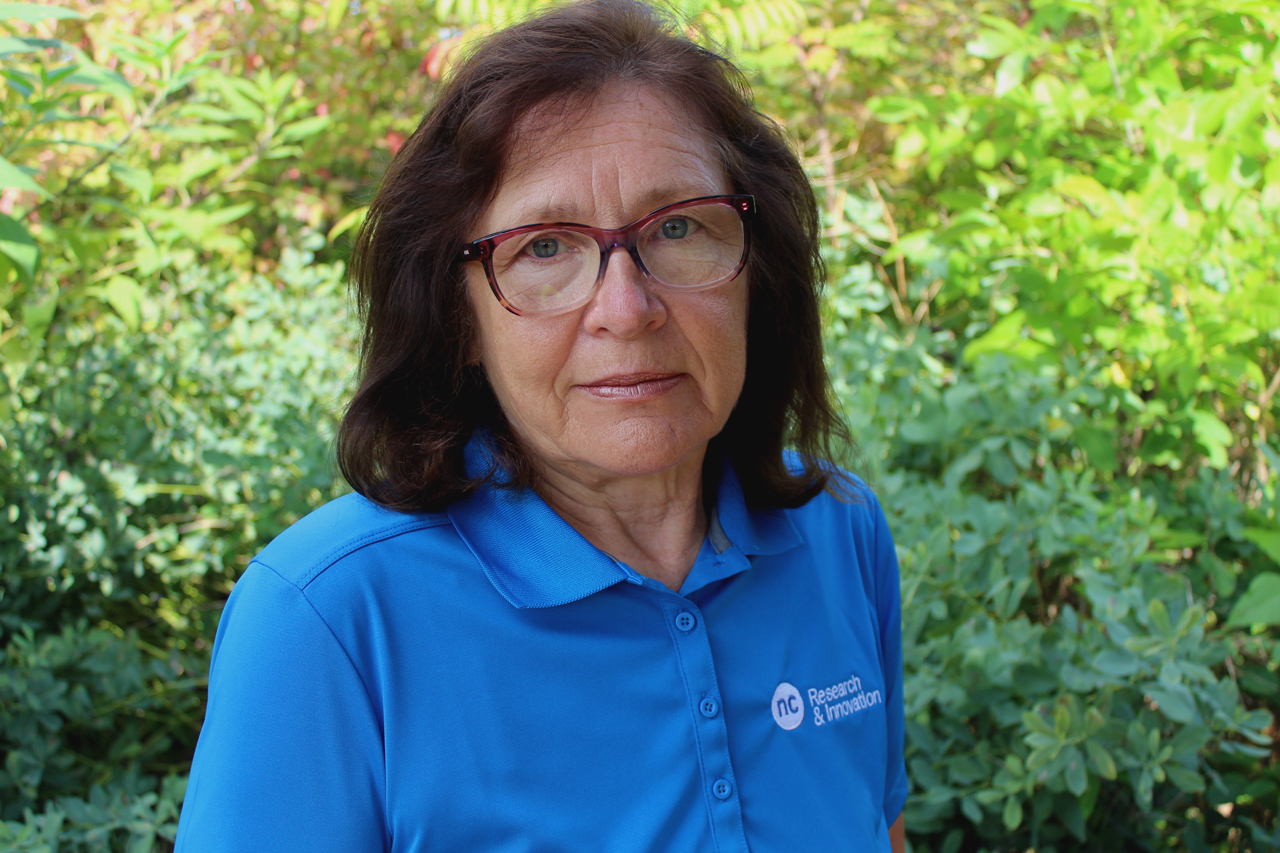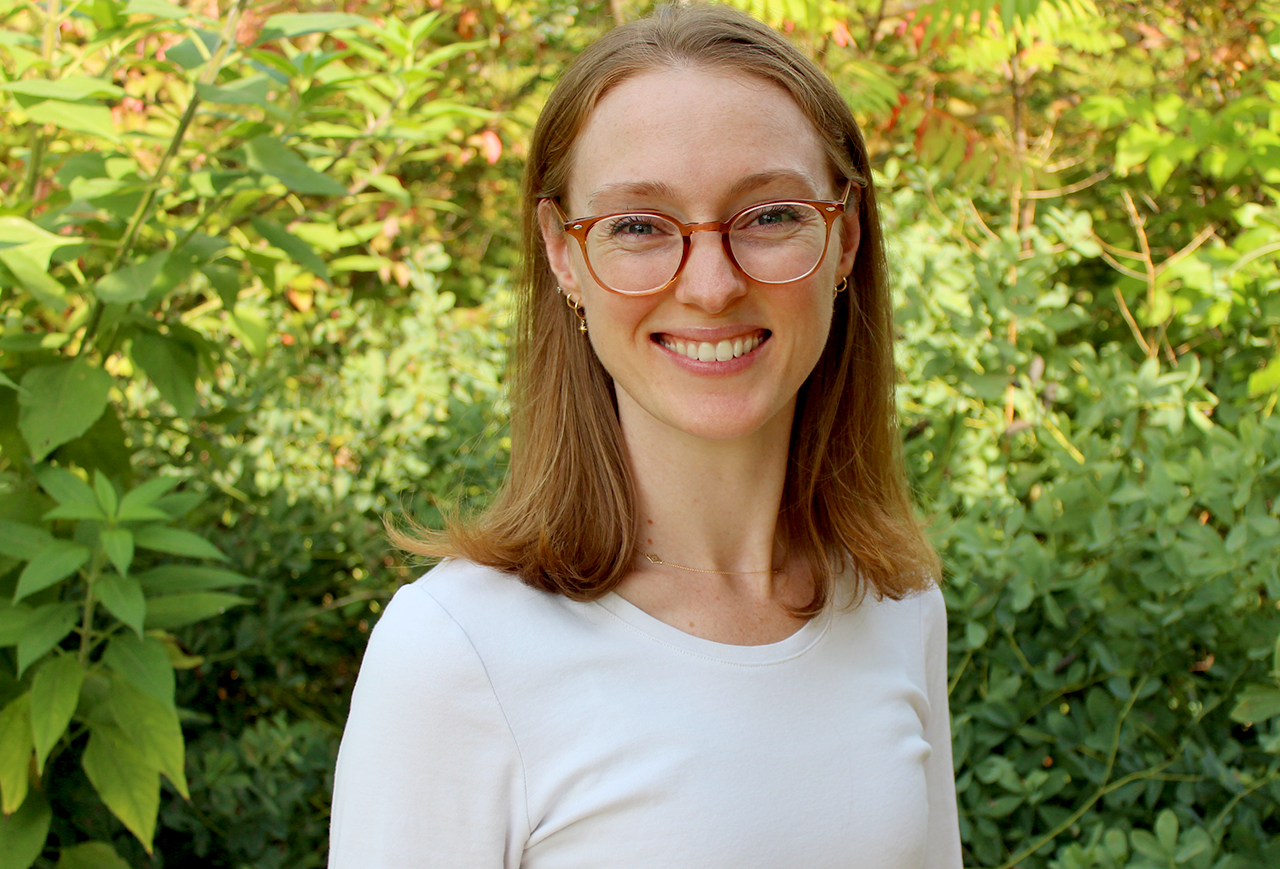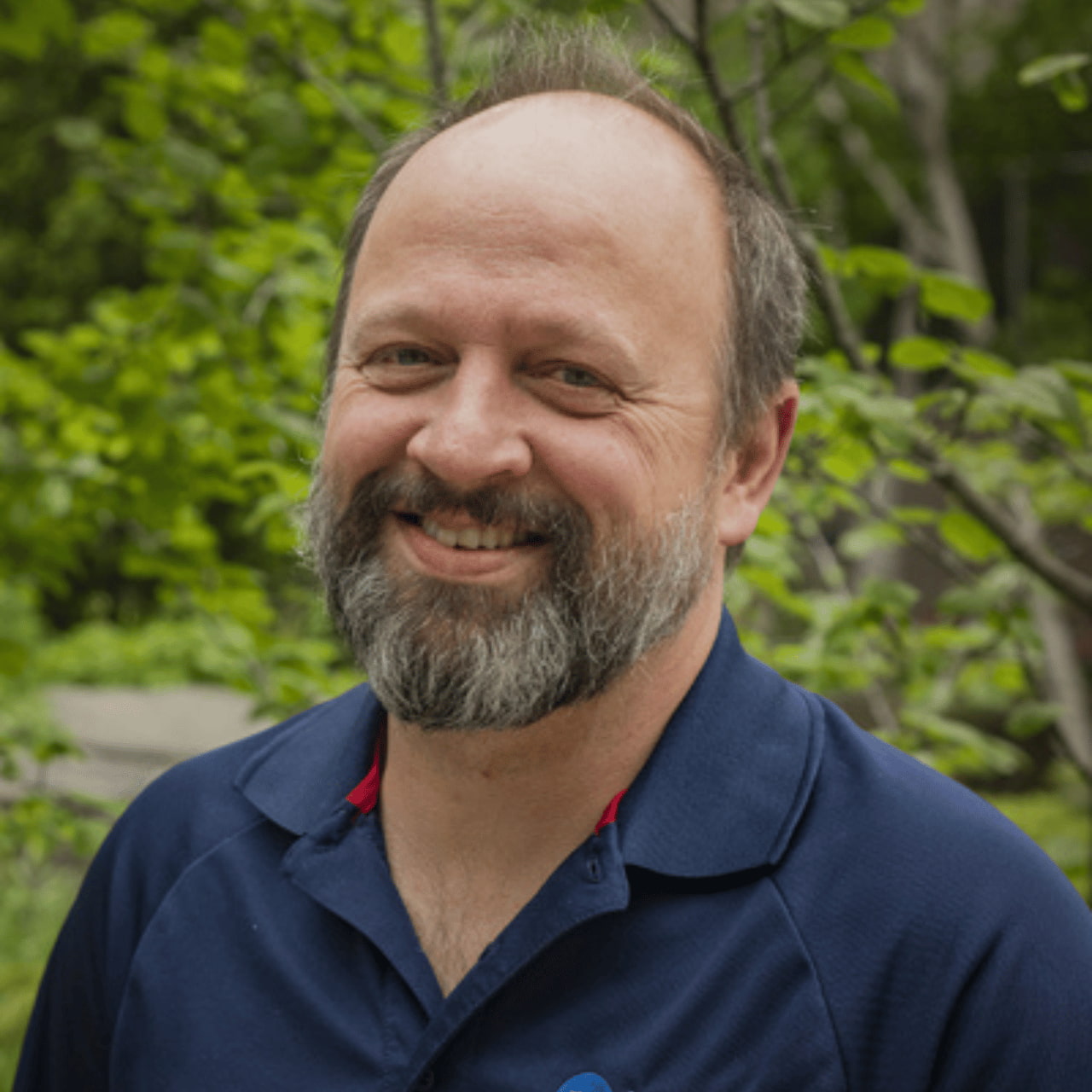Niagara College’s Horticultural and Environmental Sciences Innovation Centre (HESIC) focuses on validation and development of innovations through collaborative research and development with industry partners.
We specialize in performing growth trials with horticultural crops that evaluate innovations, technologies, and improvements, contributing to their development and moving them towards commercialization. Our expertise includes assessing technologies, innovations, production practices, soils, media amendments, pest and disease control approaches, and more.
We conduct applied research projects that are driven by industry, which means that every project is developed in response to a business that has a new innovation or technology that they would like to develop further or test its effectiveness.
Read on to learn about our specialties, as well as how to connect to start the conversation today.

